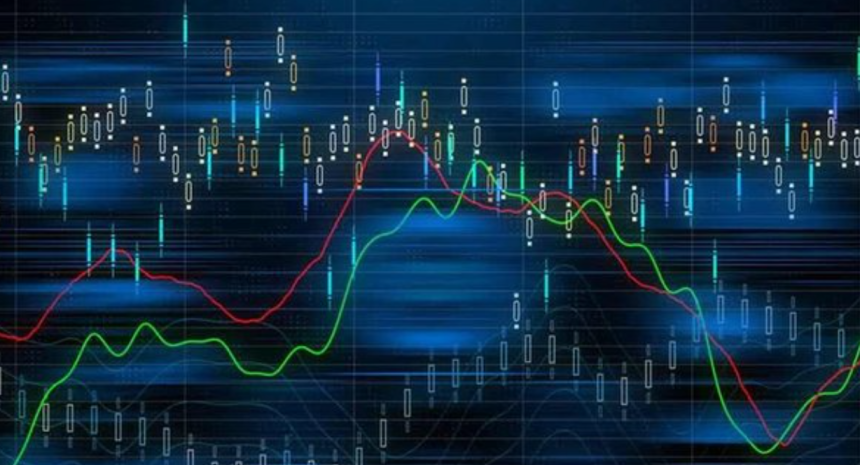Are you thinking of Forex trading? Isn’t that cool? But hang on a second—before you jump in and hit that “trade” button, there’s one big thing you gotta figure out first. You need the right broker.
Your broker? Think of them as your tour guide. They’re the ones showing you around the wild and unpredictable world of currency markets.
Pick the wrong one, and trust me, things can go south quickly. You could end up dealing with hidden charges, unreliable platforms, or inadequate support when you need help. But if you pick smart, your trading ride gets way easier. And safer, too.
We’ve pulled together a simple 5-step checklist for you. Nothing fancy—just stuff that matters. It’ll help you spot the right broker, especially if you’re trading straight outta France.
1. Check for Proper Licensing and Regulation First
The very first thing to confirm is whether a trusted authority licenses your Forex Broker. For traders in France, it’s advisable to choose brokers regulated by the AMF or reputable bodies such as the FCA, ASIC, or CySEC. These regulators are there to protect your funds, ensure fair trading practices, and enforce strict compliance.
Steer clear of platforms based in loosely regulated or offshore zones. They might promise big bonuses or high leverage, but the risk isn’t worth it. Choosing a regulated broker adds a layer of safety and builds trust right from the start.
2. Check the Trading Platform and Tools Offered
Next, explore what platform the broker uses. Most brokers today offer MetaTrader 4 or MetaTrader 5, both of which are reliable and feature-packed. But it’s not just about the name—it’s how smooth and easy it feels to use.
Try the demo account first. Is it user-friendly? Can you place trades quickly without getting lost? The tools—like charts, news updates, or analysis indicators—should make trading easier, not harder. If you plan to trade on the go, also check if they offer a mobile app that suits your needs.
3. Compare Spreads, Fees, and Hidden Charges
This one’s big. Trading costs can eat into your profits if you’re not careful. Review the broker’s spreads (the difference between the buying and selling prices), commissions, and any fees associated with deposits or withdrawals.
Sometimes, brokers will promote “zero commission” accounts but then hit you with wider spreads. Therefore, always consider the entire picture, not just one element. In France, many brokers are becoming more transparent; however, it is still advisable to double-check before committing.
4. Test Their Customer Support and Service Quality
Even the best platforms occasionally have glitches or questions. So, you want a broker who’ll respond when you need help. Check if they offer support in French and how quickly they reply to emails, live chats, or calls.
Good support is more than just polite—it’s clear, fast, and knowledgeable. Try asking a simple question about their fees or account types to test them. If the answer is confusing or delayed, it could be a red flag.
5. Look at Account Types, Leverage Options, and Deposit Limits
Finally, ensure their account setup aligns with your trading style. Do they offer beginner-friendly accounts with low deposit requirements? Are leverage options reasonable and not too aggressive?
For traders in France, EU rules limit leverage for retail traders to protect them from major losses. That’s a good thing, especially when you’re just starting. Choose a broker that offers flexibility without compromising safety.
A good broker isn’t just a service provider—it’s a long-term partner in your trading journey. So, take your time, do your research, and always go with the one that ticks all the right boxes. Whether you’re looking to trade full-time or simply explore the markets as a side hustle, the right Forex Broker can make all the difference. Keep this checklist in your pocket, and you’ll be better prepared to trade smart, stay secure, and grow with confidence.














